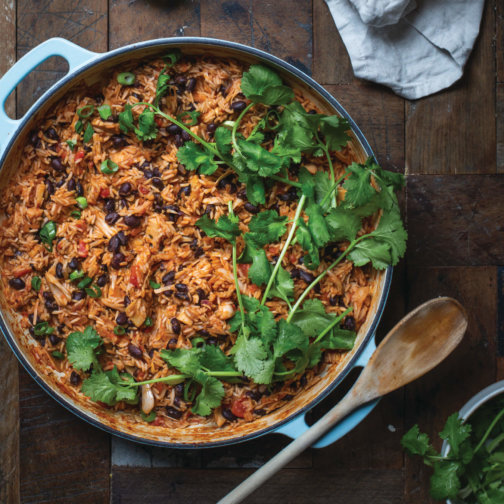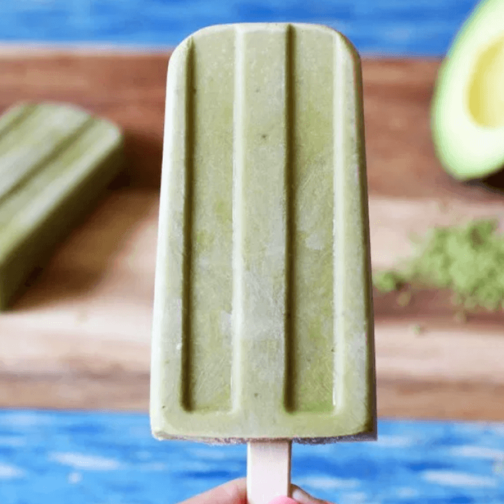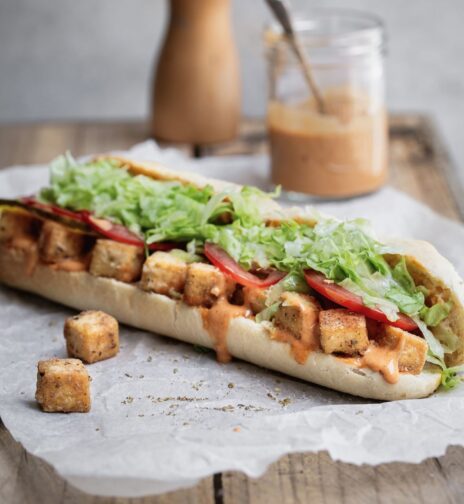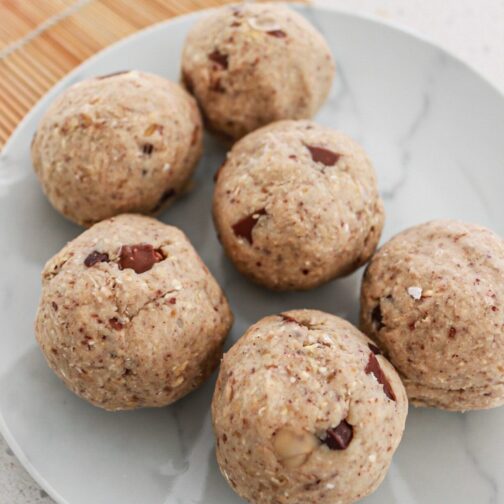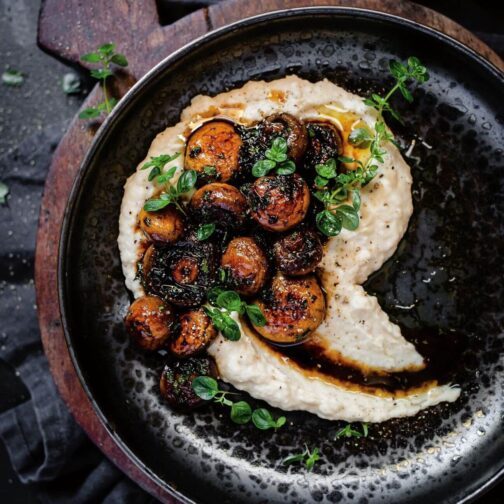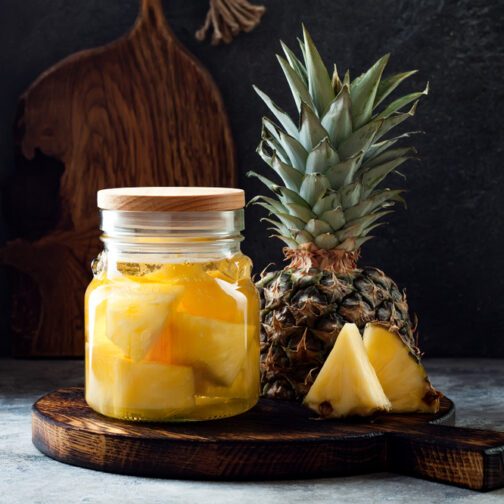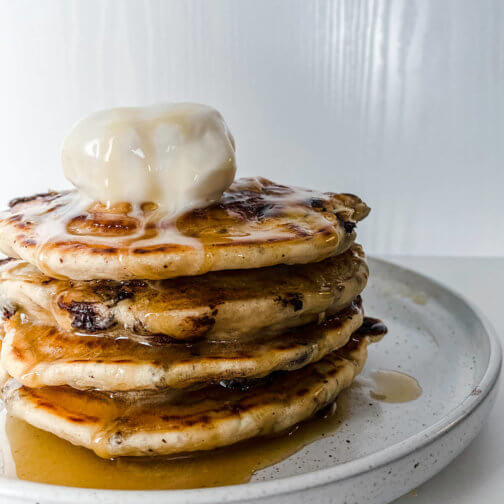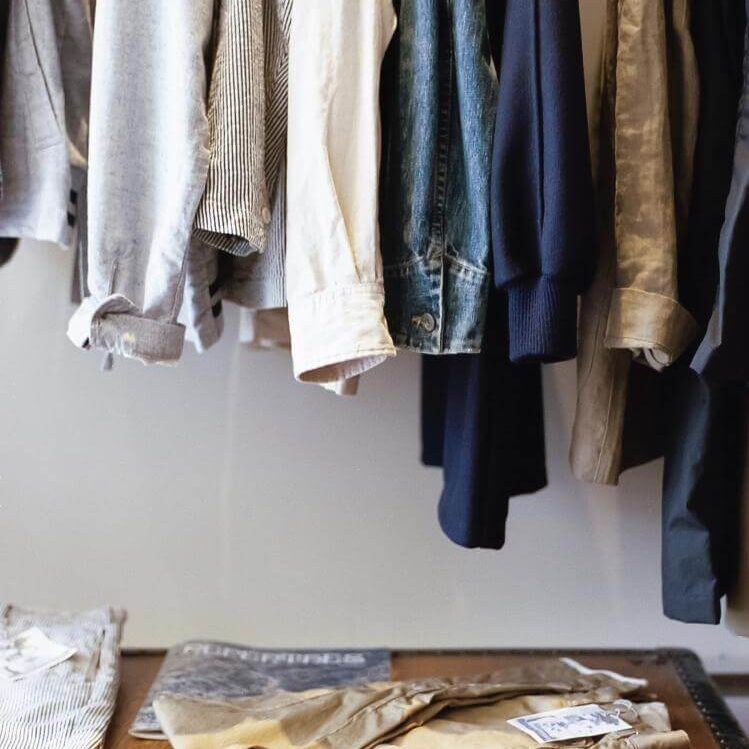
Why buying a dress isn’t as simple as it seems, and how to become an ethical consumer.
Imagine this. That dress you’ve had your eye on for the past month is finally hanging in your wardrobe. You’ve been saving every spare dollar you have and now it’s yours. You’re so happy and can’t wait to show it off.
Well, that’s your positive story, but the story behind the making of the dress could be one of two different scenarios.
On one hand the dress is ethically made. The environment has been considered throughout the entire process and the workers making the dress have been paid according to the correct guidelines. On the other hand, toxic manufacturing processes could have been involved, resulting in the poisoning or death of animals, and underpaid factory workers could have been exposed to safety regulations well below what’s considered acceptable.
Which story would you rather support? If you knew the details of how your dress was made, would you reconsider your purchase? If your answer is yes, then there are ways to find out which brands are ethically made and why they deserve the title.
What does ethical fashion really mean?
Basically any garment that is made in the most sustainable way possible without harming the environment, animals or mistreating the workers who made it can be considered ethical.
How can you help?
Exercising awareness around where you shop is the main way you can show your support. By investing in labels that are eco-friendly, you are helping to increase sustainable living without lifting a finger.
There are platforms available that can make everyday ethical shopping easier, including Shop Ethical, a project by the Ethical Consumer Group and a great source of information. The not-for-profit organisation aims to educate shoppers about how their choices can either help or hinder the environment. It also offers advice on how to make smarter, more ethical choices when opening your wallet. The organisation has developed an app so shoppers can scan barcodes before they purchase to see if their purchases are on the right track.
According to Shop Ethical, there are four simple ways you can purchase smart to do your bit for the world:
- Shop only where brands promote fair trade, cruelty free or organic.
- Avoid buying products that do not promote ethical standards.
- Try company-based purchasing, which targets companies as a whole and all of their products.
- A combination of all of the above.
Which fabrics are ethically made?
Have you ever stopped to think about how the fabric of your dress is made?
Most fabrics are sourced using environmental resources such as plants, animals and water. In fact, the fashion industry is the third largest water-using industry in the world, only narrowly behind the oil and paper industries.
It takes about 2,700 litres of water to grow the cotton that eventually makes a shirt.
So does that make cotton (one of the most common fabrics used) unethical? In many cases, yes it does. But there are also exceptions, such as organic cotton, which is grown sustainably but comes at a higher cost at the checkout.
What not to wear
- Leather: More than one billion animals are slaughtered each year for their skins, including kangaroos in Queensland and Western Australia.
- Fur: Real fur represents death and suffering, with many brands opting for faux fur these days.
- Wool: While sheep are not killed for their wool, flystrike, where blowflies lay eggs on the bare skin of a sheep and feed on their tissue, can result in serious illness or death. Flystrike affects over three million sheep each year in Australia.
- Silk: Approximately 15 silkworms are killed to produce one gram of silk, a practice most commonly used in India and China.
- Regular cotton: Regular cotton uses some of the world’s most hazardous pesticides, which harm humans, animals and the environment.
What to wear
- Fair-trade clothes: Clothes made under fair trade labels give disadvantaged farmers a chance to improve their lives with the opportunity to sell products for the same prices and conditions as larger suppliers.
- Certified organic fabrics: Clothes that are made from organic cotton, hemp or bamboo are made without the use of harmful pesticides or chemicals.
- Alternative fabrics: Bamboo, hemp, lyocell or flax are all eco-friendly fibres that do minimal damage to the environment. They are easy to grow and use less water and less chemicals during the manufacturing process than traditional fibres.



